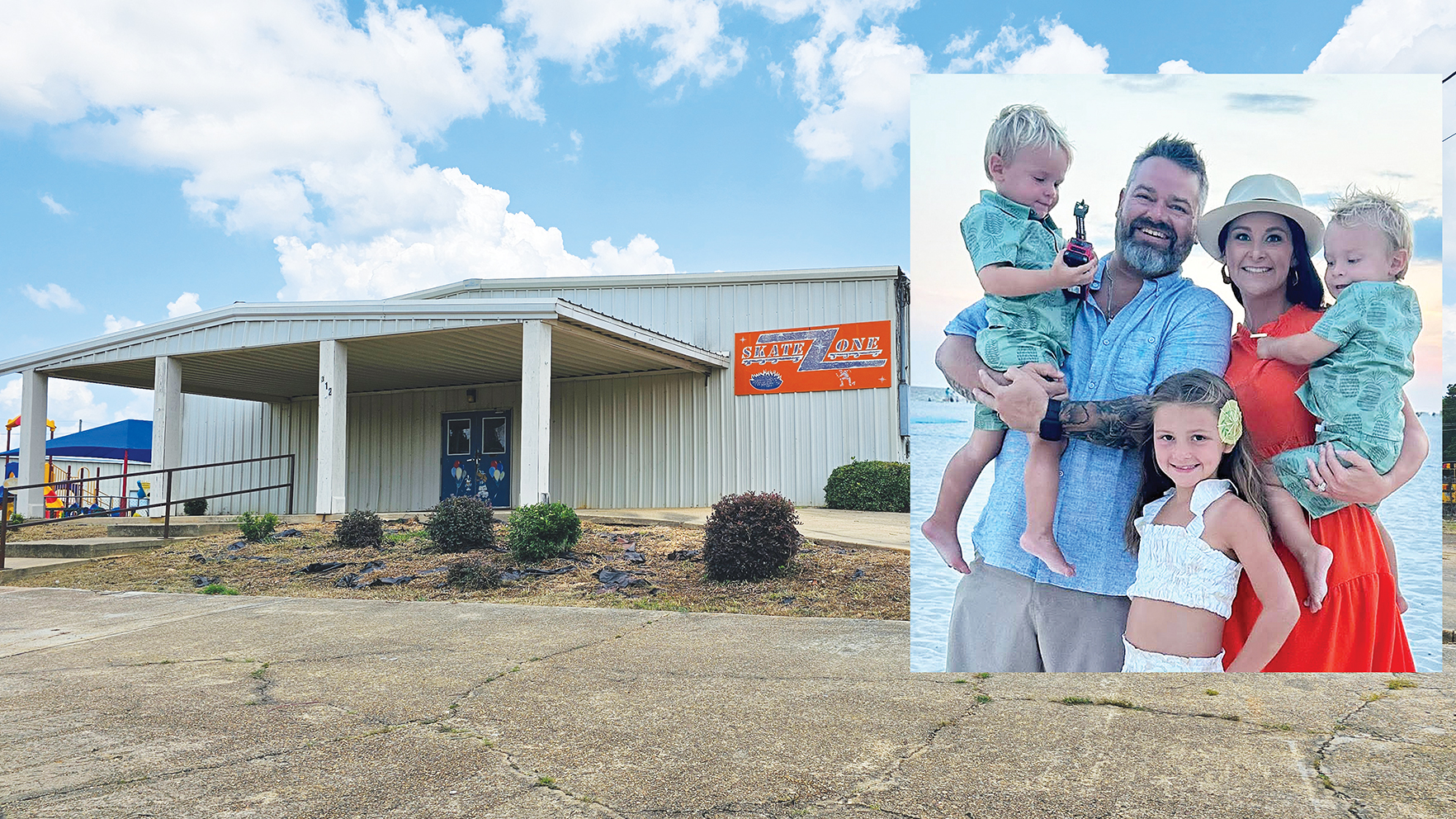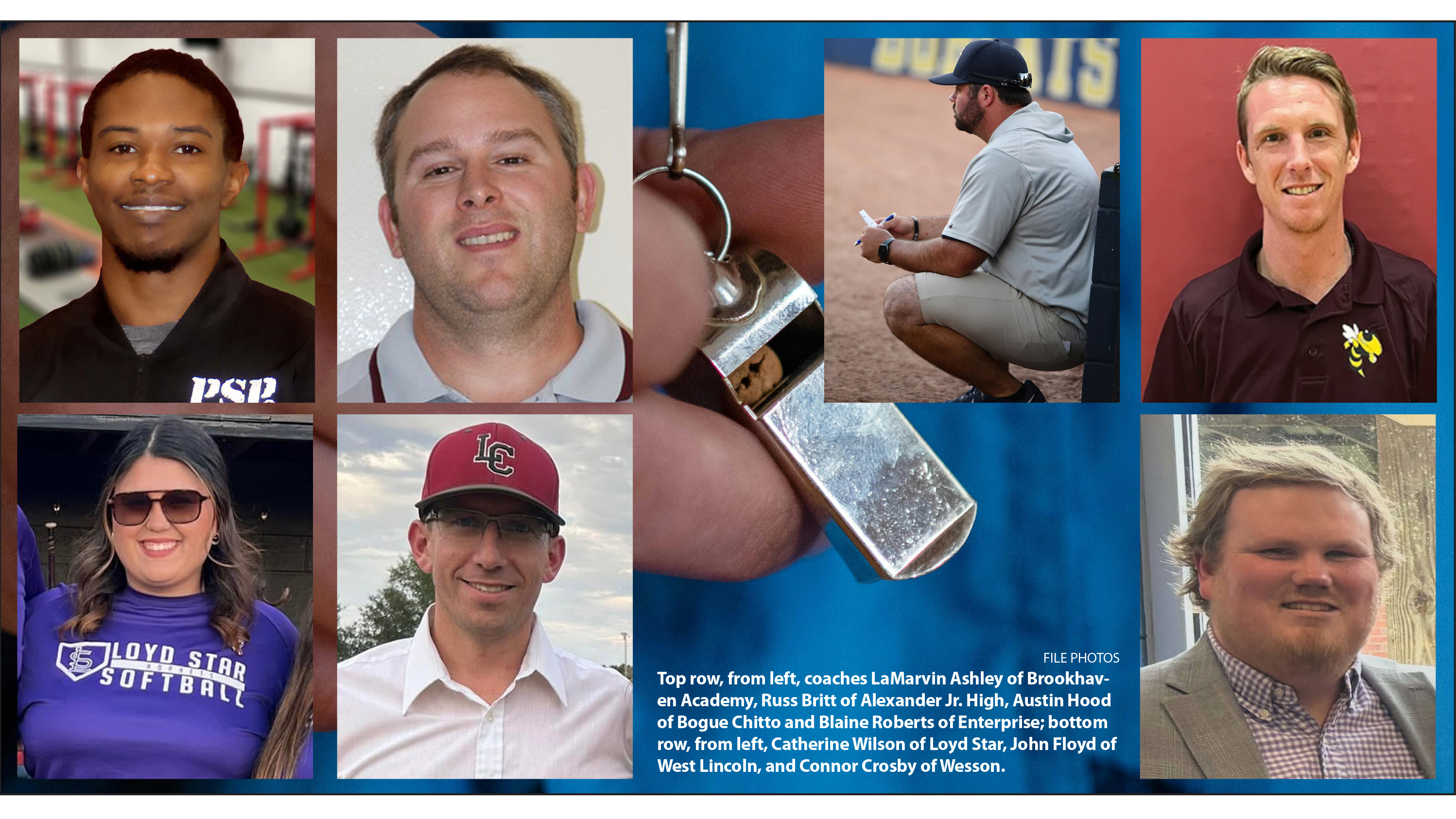Alabama special crimes victim investugator works to make every victim feel heard
Published 4:21 pm Saturday, July 28, 2018
MONTGOMERY, Ala. (AP) — Bryan Goza’s desk belies the serious nature of the work he does every day in Montgomery.
Comic strips paper the walls of his standard-issue office cubicle, where an action figure perches beside a computer monitor. The panels weave narratives of good and evil, superheroes and villains — tidy narratives that, despite an occasional “To Be Continued” note, have a beginning, middle and end.
Trending
But the work that Goza does inside the cubicle and out is not always so clear-cut.
Goza is a detective in the Montgomery Police Department’s Special Victims Unit, an investigator colleagues describe as dogged and diligent in pursuing predators of some of the most vulnerable victims in the community.
“He’s an amazing investigator. He’s a bloodhound when it comes to these kind of cases. He exhausts every lead to make sure the victim is safe and that predator is in jail,” said Lt. Brooke Walker, Commander of the Alabama ICAC Task Force and Alabama State Bureau of Investigation’s Special Victims Unit.
In February, MPD received a “highly disturbing” Facebook video of an adult male sexually abusing a child.
The video spread around the country and beyond as authorities issued notices to the public that sharing of child pornography, even in an effort to identify the subject, was a crime.
MPD Capt. Scott Seithalil said Goza’s “sense of urgency and dedication” was vital to the investigation.
Trending
“This is one of those cases where you call home and say you won’t be there for a few days. You carry on until you get the job done,” Seithalil said.
Montgomery leaders say Goza worked tirelessly to identify the person who shared the video online at the outset, in addition to working with state investigators to build a case against Germaine Moore, a Millbrook man who faces more than 15 federal and state counts of producing child pornography, rape and other charges related to child sexual abuse. A second man, Jerrell Washington, was charged with possession and distributing the video online.
The legal cases against the men are ongoing — out of SVU investigators’ hands. But in Goza’s mind, listening to and validating victims of these crimes is his most important job.
“I want a conviction. I want my cake and to eat it, too,” Goza said. “But sometimes we don’t get a conviction, sometimes we don’t get the conviction we want. I’m happy when the child knows that they’ve told their story, somebody’s believed them and now we’ve moved into a realm where somebody has to pay for what they did.”
Special victims work is, by all accounts, grueling.
“(This job) takes a whole lot of dedication and a lot of patience, understanding that everything isn’t tied up pretty with a bow at the end of the day,” SVU Lt. Aimee Savell, Goza’s supervisor, said. “We don’t always get the answers and results we want. The ultimate satisfaction is making sure that our victims are OK and get the services they need.”
Though special victims investigators are part of the pop culture lexicon today thanks to TV shows such as “Law & Order: Special Victims Unit,” discussing the trauma and realities of child abuse and sexual abuse is still taboo in 2018, police say. The nature of investigations and evidence are extremely sensitive, exposing investigators to some of the darkest recesses of human nature.
“You cannot go into this halfway,” Walker said. “You have to have a lot of compassion for the victims, for the families of the victims and you definitely need to have the endurance to work these large-scale, very emotionally draining investigations. This is not for the faint of heart. I know many officers who will chase dope, who will chase guns, but who do not want to deal with those that prey on children.”
Goza’s path to law enforcement wasn’t a typical one.
The detective initially went to college for computer programming. But the required math didn’t come easily, Goza jokes, so he switched his major to English. After college he lived in Boston, where he taught conversational English as a second language to Chinese students in a MIT program.
The job didn’t exactly pay the bills, so he started doing work with a crime prevention program. Goza said he enjoyed the work and the camaraderie he built with co-workers, who were often part-time fire or police personnel.
“I love the way everybody works together, the togetherness,” Goza said. “When you get in bad situations, you build respect for the people in it with you.”
A Mississippi native, Goza started considering law enforcement as a full-time career when a friend and cop in the Mississippi Delta suggested he move home. He worked as a patrol officer in Cleveland, Mississippi, for almost five years on the night shift before moving to Montgomery in 2012.
Though he initially wanted to go back to school for cybercrime work, he now finds the SVU work fulfilling. He’s working on further education and certifications in digital forensics, which involves finding and investigating evidence on digital devices and played a vital role in the Germaine Moore case this year.
“The digital forensics work and special victims investigations I’m doing now go hand in hand,” Goza said. “I’ve always liked computers. I always thought it was interesting. It’s like a puzzle, a jigsaw puzzle. You have to piece it all together to figure out how it comes apart.”
Though all SVU investigations are a team effort, Goza’s co-workers say he’s especially diligent in a field where resolutions don’t come quickly or easily.
“We refer to him as our magnet,” Savell said. “He tends to end up with the nasty ones — the cases that take a lot of digging and a lot of time.”
For all the trauma her team witnesses, Savell said the department has support staff on hand in the event a detective is particularly affected by a case. It’s been a year of “heavy-hitting cases,” and she likes to stay close personally to her colleagues: “That’s the easiest way to recognize if something is affecting them.”
That sense of camaraderie, which attracted Goza to the job in the first place, is also what helps keep him grounded while investigating some of the darkest parts of society.
“I was surprised about how much people don’t talk about it. Nobody really talks about it. Nobody wants to see the monster under the bed,” Goza said of the public. “But we have a very diverse and good group of people over who all love what we do. We make jokes and we talk about it to get through it. That’s our support.”
Going home at the end of the day also gives Goza the reset he needs. There’s only so much work he can bring home with him: every investigator has to know his or her significant other’s boundaries with the intense material they deal with every day.
His son, who he jokes is a 3-year-old on track to be 6-foot-7, is motivation for the work he does. Goza and his wife adopted him a week before he joined the SVU team.
“You want to make a place a little bit safer for him. You can’t get everybody, you can’t save everybody,” Goza said. “But you can make it a little bit better.”
Though Goza and his colleagues know they can’t get every predator, that fact doesn’t make the hardest cases sting less.
“It’s safe to say everybody has at least one case that will haunt them,” Goza said. “You’ll never get the closure you want from that case.”
But the case that sits in the back of his mind the most is a happy one. A young girl, in a “very bad situation,” was able to make it to safety through the course of a trial. She was adopted and given the opportunity to start on a fresh slate in a new state. The detective keeps tabs on her progress and had the opportunity to see her several weeks ago. The girl was a new person compared to the child whose case Goza had worked on, with a completely different demeanor blossoming in a safe environment.
“I know because of that one case, I’ve had a successful career,” he said.
___
Information from: Montgomery Advertiser, http://www.montgomeryadvertiser.com





